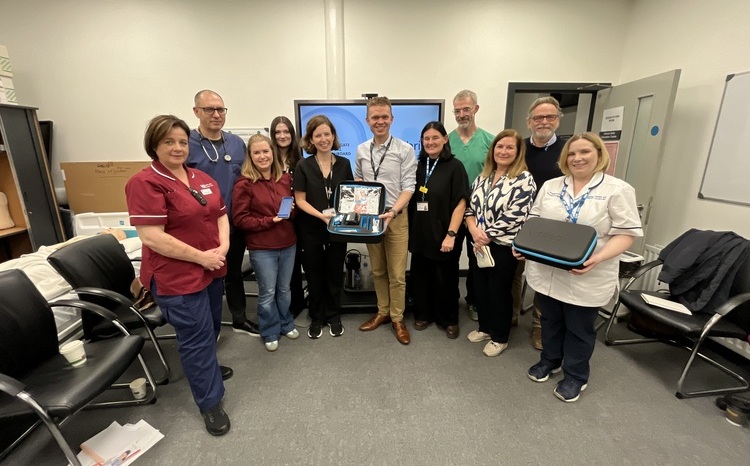EMIS pushes for local backup of hosted records
- 30 March 2006
EMIS is to install back-up ‘mirrors’ of centrally hosted patient records in practices using their PCS Web software, in case their connections to N3 goes down and they lose the ability to access their data.
Speaking at a roadshow in Twickenham, south-west London, Sean Riddell, deputy managing director of EMIS, explained that experience had showed that local caches of records were necessary.
"It doesn’t matter if you have got a secure data centre, you have lost access to all your data. We think this model is flawed," said Riddell. "What we are doing with practices will be downstreaming all of your data. If you lose your live system here we have still got a copy."
EMIS is intending to use Microsoft SQL Server 2005 Service Broker. When data from centrally held records is accessed, a local copy is taken and each record is assigned a unique identifier. If the connection to the central server is lost, the practice can work off the local record.
Once the connection is restored, if the local record has changed the newer data will be uploaded.
Riddell gave an example of an incident in the north-west, where local teenagers had vandalised a BT connection box by throwing bricks at it. One practice lost its connection to N3 and therefore access to all of its patient records.
"Luckily BT got it sorted," said Riddell. "It happened on a Friday night and BT got it sorted by the Monday morning" – in time for the practice to open for surgery.
As well as vandalism, practices could lose connection to their patient records because of events such as the Manchester tunnel fire, almost two years to the day, in which cabling and phone lines were destroyed and service took several days to be restored.
Riddell also renewed calls for more interoperability of LSP systems, saying that LSPs should work to open standards and release their application programming interfaces (API) to encourage innovation and competition.
"We have spoken to vendors within the LSP system who have said ‘We are not going to be interoperable.’", Riddell said. "It’s only going to be a matter of time before they will be."
"No LSP system is currently interoperable with the wide world. Any data held in LSP system is locked into silos. That’s one of the issues we are talking to Connecting for Health about, saying that the rest of the world are moving on with these standards."
"If you don’t have this standard we are going to have data locked into systems. These systems just naturally ‘legacy-ify’ because they don’t have innovation driving them forward."




